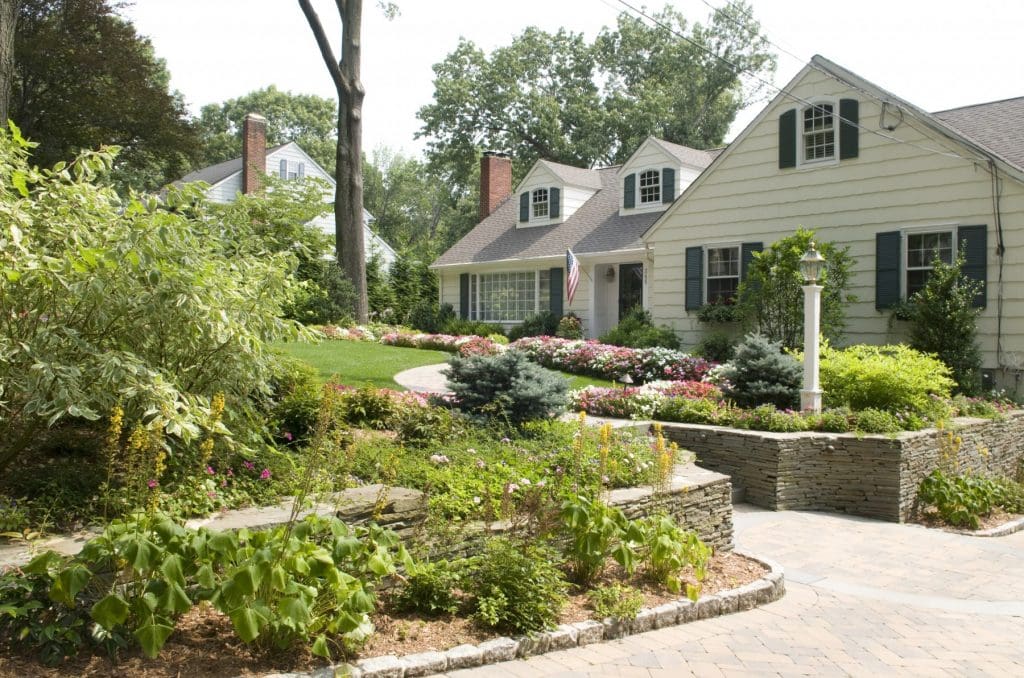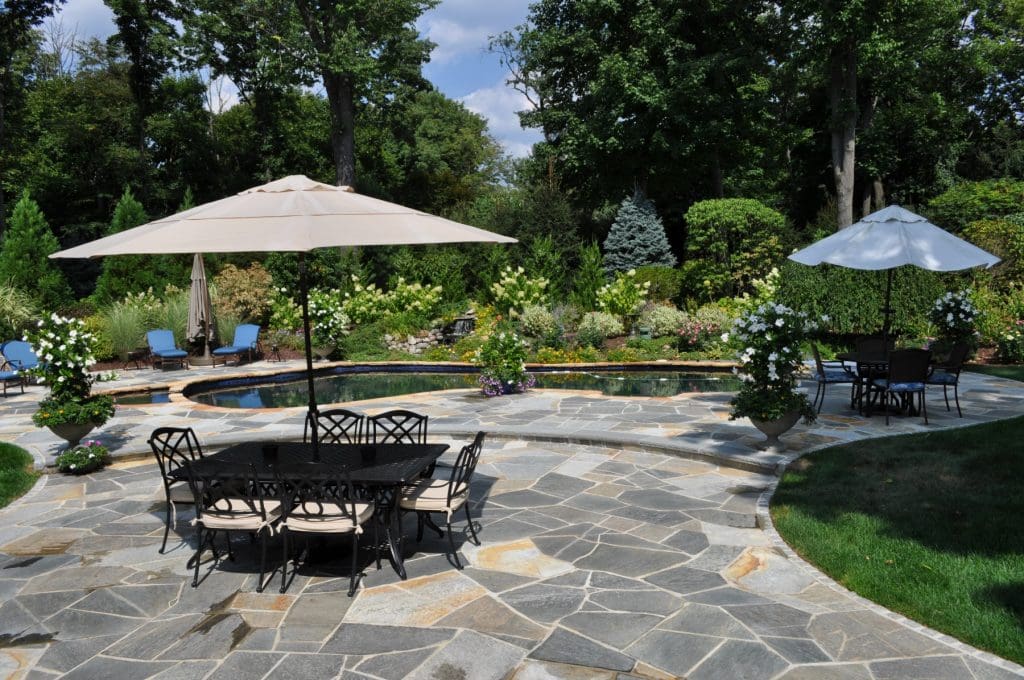 As they say, “First impressions are lasting impressions!”
As they say, “First impressions are lasting impressions!”
This cliché is no more applicable then when selling and opening your home to potential buyers.
Buyers often make their decision as to whether a home is worth pursuing as soon as they view it online or first drive up to the house. Therefore, it is extremely important that you “stage” your home to its maximum potential in order to obtain showings and ultimately its greatest sale price. Here are a few tips that I share with sellers before putting their house on the market:
1. Freshen Up the Exterior
Since this is truly the first impression for a buyer, it is important to put away hoses, sweep the porch, paint the garage doors or remove whatever it is that draws your attention away from seeing the house itself. In the Fall, it is essential to keep the leaves blown and twigs or branches out of walkways. During the Spring and Summer months, it makes sense to add mulch to your plant beds or add flowers to planters on either side of the front door. Accent plantings among the landscaping can do wonders!
2. Declutter
You are going to have to pack up and move at some point. Isn’t that your goal anyway? Why not start now! You want to make sure closets feel roomy and aren’t overstuffed. Countertops shouldn’t feel too cluttered either. My rule of thumb is to remove half of everything that is on a counter top or table. Go through your home and make a donate pile, throw away pile and pack up pile. The last thing you want is for a buyer to focus on the stuff in your house instead of the house itself.
3. Paint
Paint is one of the least expensive upgrades you can make to a home. In high trafficked areas like hallways and entryways, fingerprints and marks gather quite easily on the walls. You can freshen up areas with lighter neutral colors. Not only will it look clean and new, but it will brighten up the space and make it look larger. You may want to consider repainting dark and bold colored walls since your taste may not be the taste of potential buyers. Err on the side of neutral and read #4 to best understand how to add color to a home.
4. Add a Pop of Color to Each Room
Accessories go a long way. If you have a home with a lot of neutral colors, it is important to add color to each room, especially for the photos. Trendy color pops such as blue, yellow or orange (not all of them!) are great accents. This can be done with a throw blanket or pillows on a couch; a bowl of oranges or apples in the kitchen or a vase with flowers as long as they fit the space and color scheme well.
5. Don’t Go Overboard with Holiday Decorations
If you are showing your home to prospective buyers during the holidays, the clutter of decorations might distract. Go simple or you may want to consider taking your house off the market for a few weeks during the holidays.
If a house is neat, organized and clean, it feels well maintained and that is the best house to buy!


